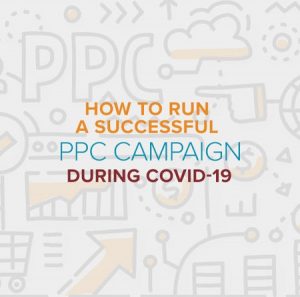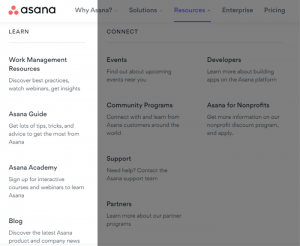Words Behind Strategies At Google, Meta To Protect Kids

An ad-targeting option at Google came under fire Thursday when it was reported that Google assisted Meta to target Instagram ads to teenagers on YouTube, about one week after the Senate passed legislation designed to hold companies accountable for any harm their platforms may cause to minors.
The Children and Teens’ Online Privacy Protection Act and the Kids Online Safety Act ban targeted advertising to minors and the collection of data without their consent.
The legislation is intended to hold social media companies accountable for harm and to require consent before data can be collected, and ban targeted advertising to kids under age 17.
Google and Meta said in no uncertain terms that they did not bypass any rules on how minors are treated online. However, it appears that while they deny any intentional targeting of those ads using a Google targeting option, the ads were targeted to kids under the age of 17. The Financial Times was the first to report on the news.
Google said it will take steps to ensure that Google sales reps completely understand and follow strict standards for targeting.
Next steps for the company include refreshing training to ensure that sales representatives understand they are prohibited from assisting advertisers in efforts to specifically target sensitive audiences. Kids were the sensitive audience in this case.
What happened? Documents reviewed by the Financial Times described how Google worked on a marketing project for Meta designed to target 13- to 17-year-old users on YouTube with advertisements promoting photo and video apps.
The companies used the target audience group on Google’s ad platform labelled “unknown.” The Google Ads help page lists the “unknown” demographic category as people whose age, gender, parental status or household income are supposedly unidentified, and can allow advertisers to reach “a significantly wider audience” when selected. But sometimes Google will estimate people’s demographic information based on their activity across Google properties or the Display Network.
Should Google expand its safeguards? Age targeting is a common advertising tool. And despite Google serving these ads to these users, the category of Unknown can include instances where users are not signed in either because they want to protect their privacy or have not signed into the search engine.
Based on the Instagram campaign referenced by the Financial Times, Google did thoroughly review the allegations with regard to circumvention of its policies and plans to take future steps.
Google has invested heavily in creating policies to better protect children on its platforms, including policies to govern the ads and commercial content that kids see. In 2015, Google created YouTube Kids, a separate platform designed specifically for children. Strict ad guidelines limit the types of products and services promoted to kids.
Even before that, in 2019, Google introduced the Made for Kids content label on YouTube Main. Content designated as “made for kids” limits data collection and use. For example, Google will not serve personalized ads on MFK content.
Meta said it allows advertisers to serve teens ads on its services, but under the company’s policies it restricts the options advertisers have to reach teens, as well as the information used to determine how to serve ads.
Age and location are the only information about a teen that Meta uses to show them ads, and the company prohibits advertisers from targeting teens based on their interests and activities.
Engagement targeting is not used on its apps, such as following certain Instagram posts or Facebook pages to determine the types of ads they see.
Meta and Google recognize that teens aren’t as prepared as adults to make decisions about how their online data is used for advertising and routinely make updates to policies that restrict the information advertisers can use to reach teens.
I find the statement and recently passed U.S. laws ironic considering all the gender affirming issues around minors being debated across the United States. The U.S. wants to protect what ads kids see and what data companies collect about them, but allow them to make the decision to alter their bodies sometimes before they are legally allowed to drive a car.
(6)









